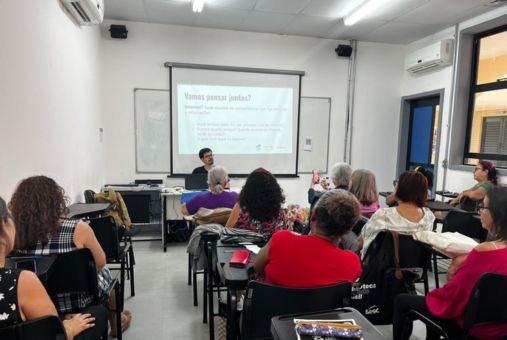
With online fraud on the rise, the fact checking outlet Agência Lupa and local partners are helping seniors navigate the digital world with confidence.

Brazilian researchers analyzed 187 media outlets worldwide and found that, amid growing dependence on tech companies, news organizations’ survival hinges on aligning their editorial mission with their funding models.
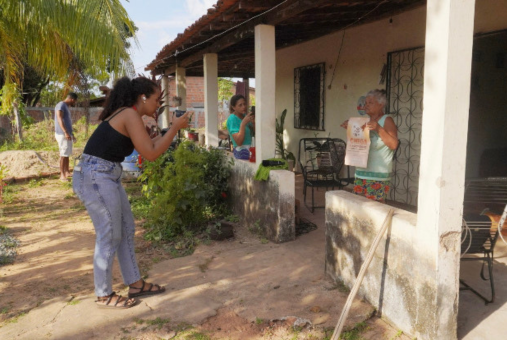
In Brazil’s small cities, where big media rarely look, small online startups are filling the news gap. They produce vital local journalism but struggle to reach readers and stay financially afloat.
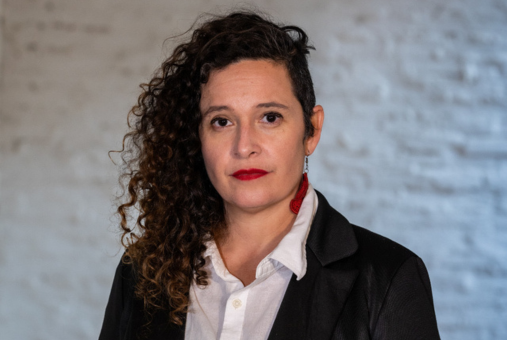
Viana is one of four journalists honored by Columbia University this year. She sees the award as a milestone for recognizing independent Brazilian journalism in a space historically occupied by major media outlets.

A growing number of Brazilian sports journalists are turning what was once taboo into an opportunity. Critics say the trend is costing sports journalism its credibility.

With few hotel rooms and high travel costs to the heart of the Amazon, many reporters may be shut out of the climate summit, raising fears of fewer diverse voices in its coverage.

With high rates of violence against women, coverage of the crime has improved in the country, but sensationalism and superficiality persist.

Comprova, a collaborative fact-checking project in Brazil, bets on more explanatory language to connect with audiences resistant to corrections.

Beraba held top positions at Brazil’s four largest newspapers and co-founded the Brazilian Association of Investigative Journalism. Colleagues from across Latin America have eulogized him for his generosity, restlessness and rigor.
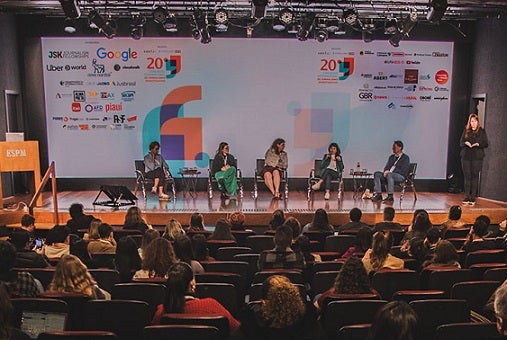
Top Brazilian news executives warn AI could cannibalize web traffic and trigger mass layoffs, even as they adopt the technology to streamline everything from transcription to data analysis.

Despite the reduction, approximately 10.2% of the population still lives in a municipality without access to local news. Out of every 20 Brazilian municipalities, nine are classified as news deserts.
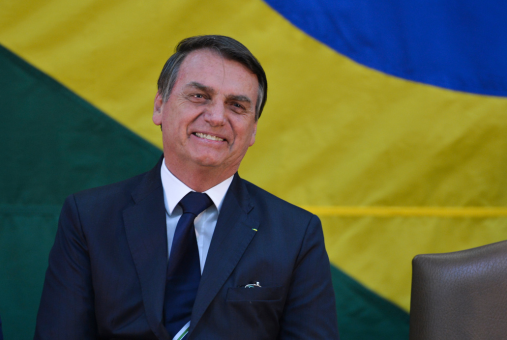
A federal police report says Brazil’s intelligence agency illegally surveilled national and local journalists under the Bolsonaro administration. Victims say key details on how and why they were targeted remain hidden.